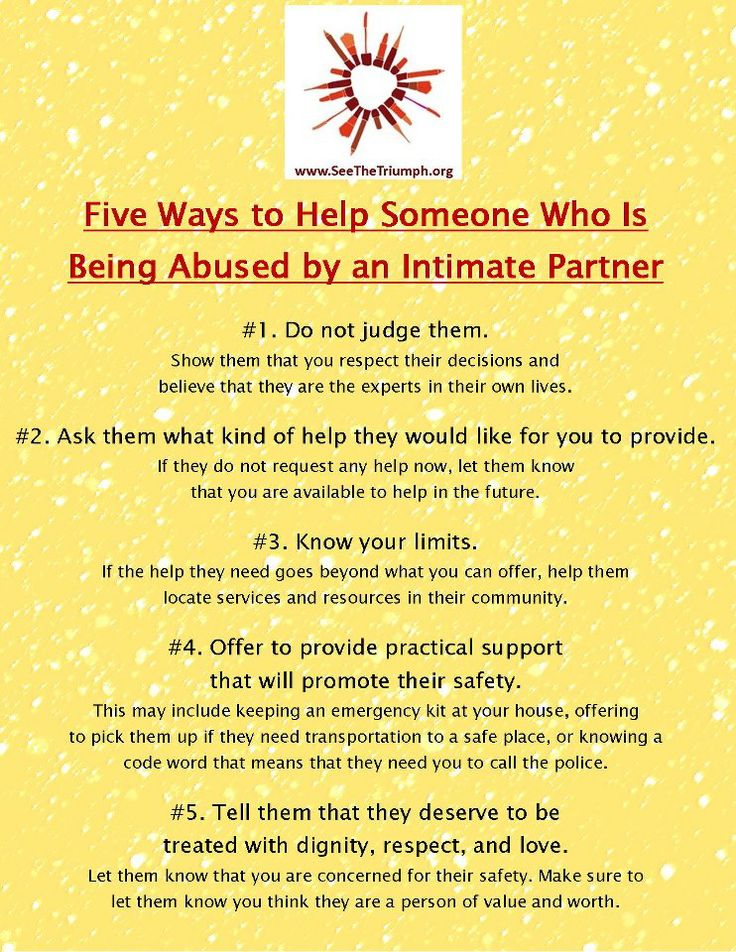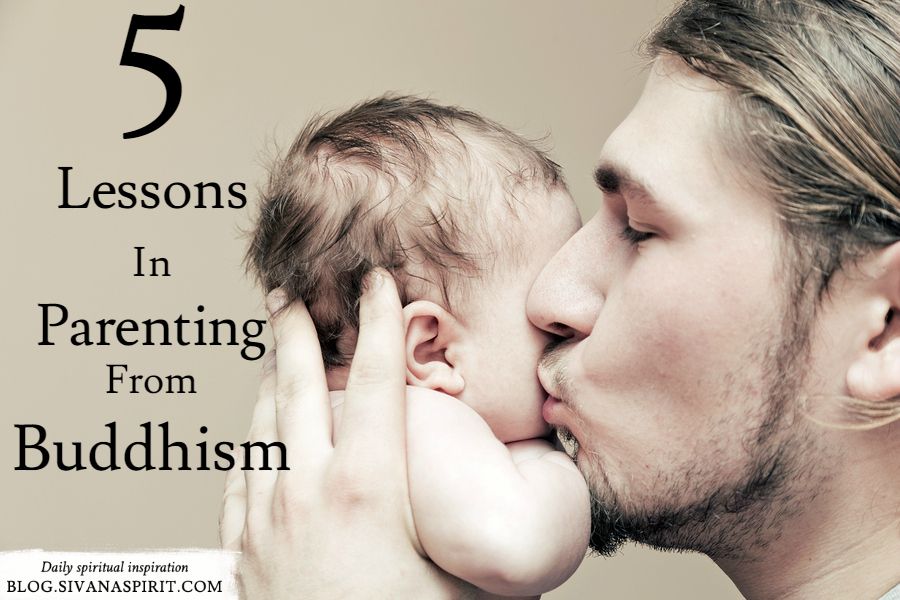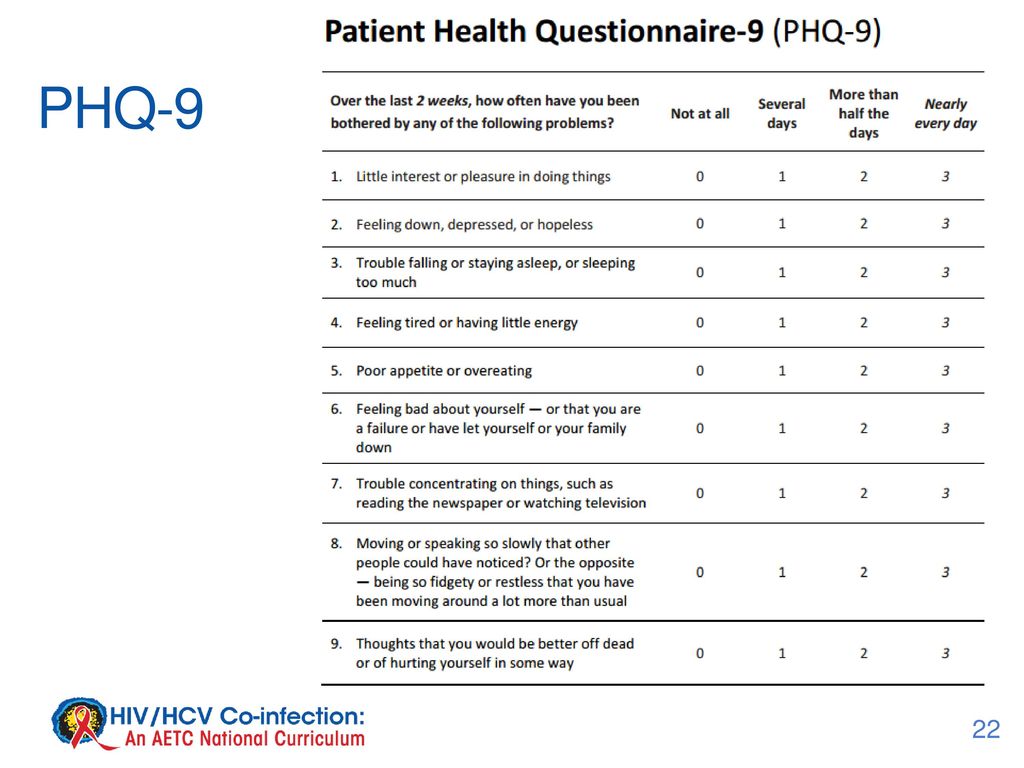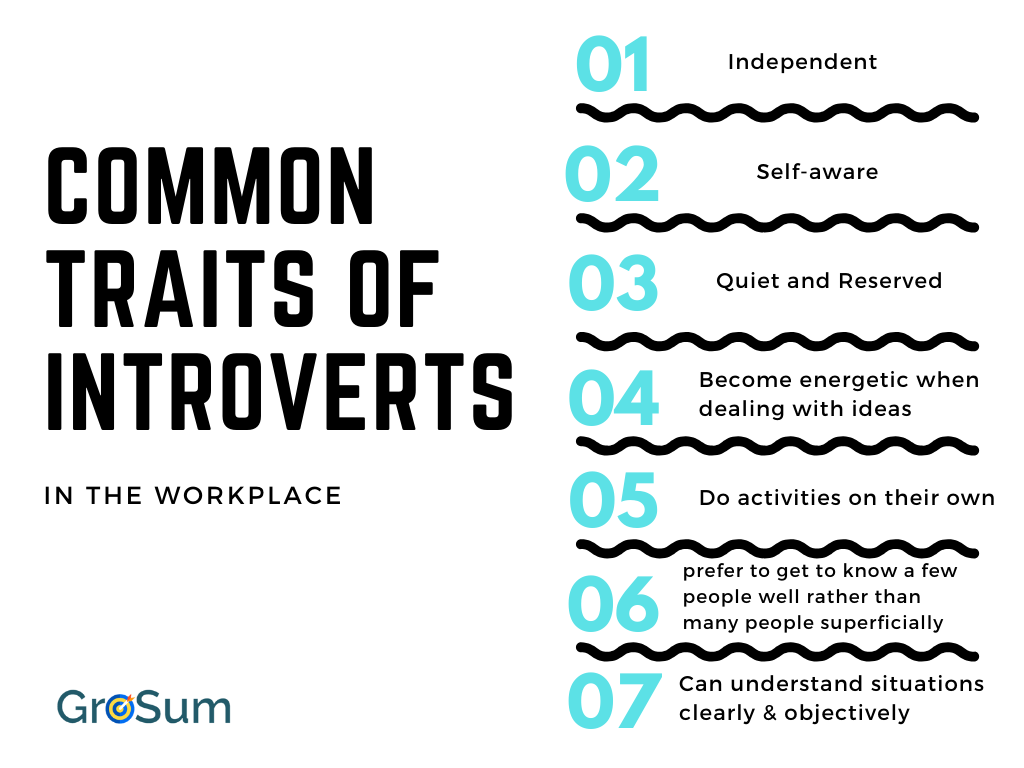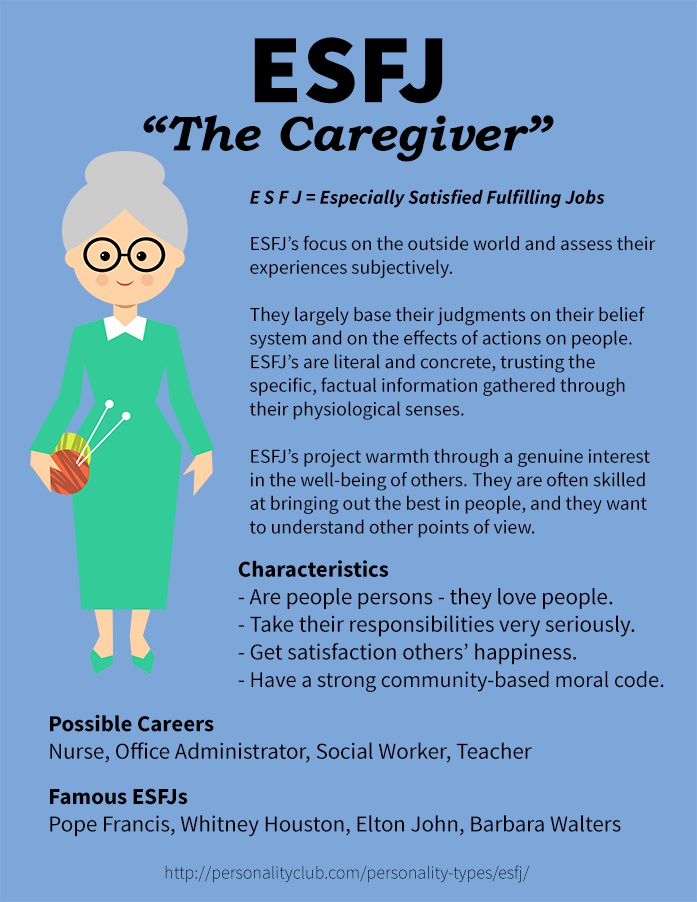Signs that someone is being abused
What are signs that someone is being abused?
Note: You are neither expected nor encouraged to diagnose whether someone is struggling with issues related to abuse. This information can help you recognize when professional intervention may be needed.
Signs of abuse are not always easy to recognize. Someone who has experienced, or is experiencing, abuse could show a number of signs that indicate something is wrong, but abuse may be happening even if there are no outward signs. Also, signs that might indicate abuse could be caused by other difficulties. Talking to the victim can be a good first step to understanding what is happening. However, victims often have a difficult time sharing that they have been or are being abused. If there is any indication of abuse, read “What should I do if I know or suspect someone is being abused?”
As children of God and brothers and sisters, we have a responsibility to be aware of the needs and concerns of others and to reach out to them in love. Sister Bonnie L. Oscarson, former Young Women General President, taught, “[We] take care of each other, watch out for each other, comfort each other, and are there for each other through thick and thin” (“Sisterhood: Oh, How We Need Each Other,” Ensign or Liahona, May 2014, 119).
General Warning Signs
Victims of abuse often show more than one warning sign. Signs of abuse may vary based on the type of abuse (sexual, physical, emotional, or verbal) and the age of the person being abused.
Victims of abuse may display the following warning signs:
- Acting differently than they normally do
- Exhibiting increased aggressive behavior
- Being jumpier or more on guard
- Having difficulty with sleep or having nightmares
- Withdrawing and not wanting to be around other people
- Losing interest in activities they once liked
- Having unexplained physical injuries
- Being more moody (angry, depressed, sad) than normal
- Being preoccupied with sex
- Engaging in harmful behaviors (this could include self-harm, drug use, and risky or unhealthy sexual behavior)
These signs alone do not mean that the person is being abused. To learn more about how to talk to a person you suspect may be experiencing abuse, read the article “What should I do if I know or suspect someone is being abused?”
To learn more about how to talk to a person you suspect may be experiencing abuse, read the article “What should I do if I know or suspect someone is being abused?”
Community and Church Resources
(Some of the resources listed below are not created, maintained, or controlled by The Church of Jesus Christ of Latter-day Saints. While these materials are intended to serve as additional resources, the Church does not endorse any content that is not in keeping with its doctrines and teachings.)
- Emotions, Thoughts, and Behaviors Commonly Experienced by Survivors of Sexual Abuse
- “Child Abuse,” Mayo Clinic
- “Domestic Violence and Abuse,” Helpguide.org
- “What Is Domestic Violence?” National Coalition Against Domestic Violence
- “What Is Domestic Violence?” National Domestic Violence Hotline
- “A Conversation on Spouse Abuse,” Ensign, Oct. 1999
- “Warning Signs,” The Rape, Abuse & Incest National Network (RAINN)
- “What Is Child Abuse and Neglect? Recognizing the Signs and Symptoms,” Child Welfare Information Gateway
- “Elder Abuse,” National Institute on Aging
- “What Is Abuse?” kidshealth.
 org
org - “Signs, symptoms, and effects of child abuse and neglect,” National Society for the Prevention of Cruelty to Children (NSPCC)
Warning Signs of Domestic Violence, Why Victims Stay, How to Get Help
Written by William Moore
In this Article
- Signs of Abuse
- Signs Someone You Know Is Being Abused
- Are the Signs Different for Men?
- Are the Signs Different for the LGBTQ Community?
- What to Do if You’re Being Abused
- What to Do if You Think Someone Is Being Abused
They’re not always as obvious as you might think. That’s because domestic abuse is about controlling someone’s mind and emotions as much as hurting their body. Being abused can leave you scared and confused. It can be hard for you to see your partner’s actions for what they really are.
Usually, physical abuse isn’t what comes first. The abuse can creep up slowly. A putdown here or there. An odd excuse to keep you away from family or friends. The violence often ramps up once you’ve been cut off from other people. By then, you feel trapped.
The violence often ramps up once you’ve been cut off from other people. By then, you feel trapped.
Signs of Abuse
If you’re afraid of your partner, that’s a big red flag. You may be scared to say what you think, to bring up certain topics, or to say no to sex. No matter the reason, fear has no place in a healthy relationship.
If you feel like you’re being abused, there’s a good chance you may be, and it’s worth getting help. Keep that in mind as you think about these signs:
Your partner bullies, threatens, or controls you:
- Accuses you of having an affair
- Blames you for abuse
- Criticizes you
- Tells you what to wear and how you should look
- Threatens to kill you or someone close to you
- Throws things or punches walls when angry
- Yells at you and makes you feel small
Your partner controls your money:
- Keeps cash and credit cards from you
- Puts you on an allowance and makes you explain every dollar you spend
- Keeps you from working whatever job you want
- Steals money from you or your friends
- Won’t let you have money for basic needs like food and clothes
Your partner cuts you off from family and friends:
- Keeps close tabs on where you go and whom you go with
- Makes you ask for an OK to see friends and family
- Embarrasses you in front of others, and it makes you want to avoid people
Your partner physically abuses you:
- Abandons you in a place you don’t know
- Attacks you with weapons
- Keeps you from eating, sleeping, or getting medical care
- Locks you in or out of your house
- Punches, pushes, kicks, bites, pulls hair
Your partner sexually abuses you:
- Forces you to have sex
- Makes you dress in a sexual way
- Makes you feel like you owe them sex
- Tries to give you an STD
- Won’t use condoms or other birth control
Signs Someone You Know Is Being Abused
Keep an eye out for things like:
- Excuses for injuries
- Personality changes, like low self-esteem in someone who was always confident
- Constantly checking in with their partner
- Never having money on hand
- Overly worried about pleasing their partner
- Skipping out on work, school, or social outings for no clear reason
- Wearing clothes that don’t fit the season, like long sleeves in summer to cover bruises
Are the Signs Different for Men?
They’re often the same. And that’s true whether the abusive partner is a woman or another man. It may be emotional or verbal, like taking away keys, medicines, or other essentials. Or things like constantly putting you down in public or on social media.
And that’s true whether the abusive partner is a woman or another man. It may be emotional or verbal, like taking away keys, medicines, or other essentials. Or things like constantly putting you down in public or on social media.
And, it can be physical. To make up for differences in strength, abusive partners may try to attack you in your sleep, by surprise, or with weapons and other objects. They may also abuse your children or pets.
Are the Signs Different for the LGBTQ Community?
Again, there’s a lot in common, but the abuse may also target sexual orientation or gender identity. Your abuser may:
- Make excuses for abuse, like it’s just how men are or that you wanted it to happen
- Tell you that police or others won’t help because of your gender or orientation
- Tell you that you’re not really how you identify
- Threaten to out you to family, friends, and others
What to Do if You’re Being Abused
First, know that you deserve better and that this isn’t your fault. If you’re in an emergency, call 911.
If you’re in an emergency, call 911.
It can be hard to decide whether to stay or leave. That’s why it may help to start with a call to the National Domestic Violence Hotline at 1-800-799-SAFE (1-800-799-7233). Call from a friend’s house or somewhere else where you feel safe.
You can also turn to friends, family, neighbors, your doctor, or your spiritual community.
Also make sure you have an emergency escape plan:
- Hide a set of car keys.
- Pack a bag with keys, extra clothes, important papers, money, and medicines. You might keep it at a friend’s house.
- Have a plan for calling the police in an emergency. You might have a code word so your kids, family, friends, or co-workers know you’re in danger.
- Know where you’ll go and how you’ll get there.
What to Do if You Think Someone Is Being Abused
Say something. You might have your doubts. But if you’re thinking about it, there’s usually a reason. Someone’s life could be in danger.
When you talk to the person, you can:
- Ask if anything is wrong
- Talk specifically about what concerns you
- Listen carefully
- Let the person know you’re always there to talk and that your conversations are always private
- Offer to help
- Support the person’s choices
It's (not) your business. How do you know if you're a victim of domestic violence? They often lie to their surroundings, shielding the offender. But there are signs by which you can determine that you have a person in front of you who needs help
Journalist Diana Sadreeva wrote the book “You are not to blame: Why domestic violence is not about love.” It is based on 50 interviews with women who have experienced abuse in its various manifestations. The book is coming out the other day by Alpina Publisher. Forbes Woman publishes a piece on how to understand that you are a victim of domestic violence and how you can delicately offer your help.
The room was dark: a streetlight shining through the glass of the window cast a warm yellow light on the space. Sleep would not come, and the only thing left for me to do was turn to the wall, look at the drawings on the pink wallpaper of my girl's room and listen to the silence. I remember well how in the middle of the night a noise was heard from somewhere above - it looked like a stool had fallen on the floor. One sharp sound was followed by another, then another, and finally, a drawn-out female scream. Voices, male and female, mixed into a single mess: it was not clear who exactly was screaming and why. I looked out into the corridor, listened to the sounds and went to my parents' bedroom.
“Mommy,” I called as I opened the door.
Mom was sitting on the edge of the bed and was also listening intently. She turned at the creaking of the door:
— Why aren't you sleeping? Go to sleep.
— Mom... what's that noise?
Pay no attention. Go to bed,” she repeated, and I left.
More than twenty years have passed since I first encountered that sound. I moved through several cities, countless cheap rooms and expensive apartments, and - no matter where I ended up - sooner or later I almost always heard the same thing: a sharp noise, a scream, a muffled fuss. These women can be seen everywhere - outwardly different, they scream in exactly the same way, they are afraid, they feel. Mini-market saleswomen, trolley bus conductors, primary school teachers, high-ranking officials, my relatives and best friends...
The victim of psychological pressure or physical violence constantly reports to the other half, does everything according to his orders, tries in every possible way to please him. She often speaks of him with apprehension or shows fear, often justifies the character of her partner, blames herself or treats the situation kindly, with a smile.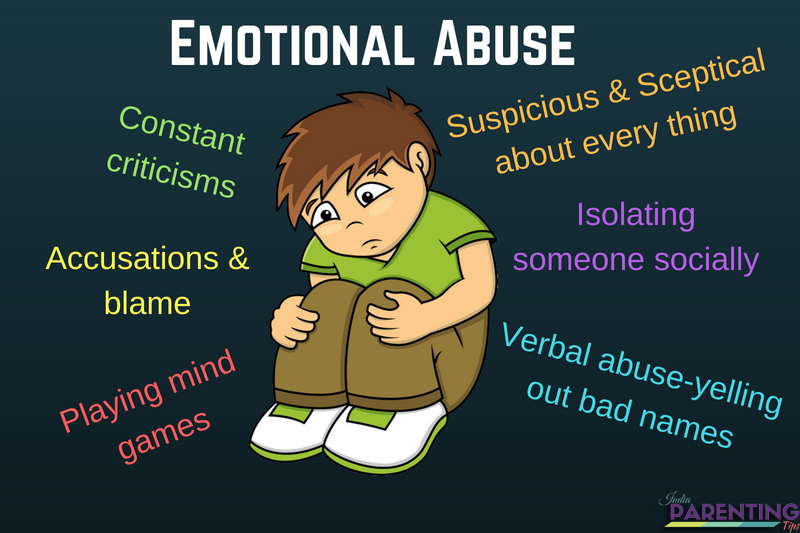
The main warning signs are changes in behavior (a sociable person in the past becomes withdrawn), unwillingness to communicate and go out without a second half, unexpected conversations about divorce or suicide, which just as unexpectedly end.
People who are physically abused may:
• talk about themselves, "I'm so clumsy, I'm always bumping into things," talk about regular "accidents," or lie, making up excuses out of proportion to the damage done: for example, "We were playing with a kid and I hit the bed," though the facial bruising doesn't exactly look like the result of such an injury;
• Frequently skip work, school, social events without explanation, wear unseasonable close-fitting clothing, or wear sunglasses indoors.
People who are forced into isolation may:
• rarely appear in society without a spouse;
• meeting relatives and friends less and less;
• have limited access to money, credit cards, cars.
If you notice any of these signs, don't be afraid to appear intrusive and unceremonious, don't convince yourself that it's none of your business, that you might be wrong. Yes, you can really be wrong, then it will be enough to apologize and continue to live as if nothing had happened. But sometimes your silence can cost a human life. When I started collecting stories, I tried to stay non-interventionist. It turned out bad. Women sent photographs, audio messages with threats addressed to them, and videos of beatings; several times, shocked by what I saw and pained by empathy, I quit working on the book.
In doing so, I realized three important things.
First - often I was the first person with whom the victims shared their pain. Feeling that they are not alone with their fears is what victims of domestic violence need.
The second point is that talking to another person can help victims of domestic violence understand for the first time that what is happening to them is really not normal, and it is definitely violence that should not be happening.
Many were surprised, saying that, of course, they thought that it was not very good, but they did not understand that much.
And the third point. The biggest reason women don't leave men is because of their children. Show victims, for example, articles about how domestic violence affects a child's future relationships with other people, self-esteem, and susceptibility to depression. And, if you can make any commitments to financial support, take them.
How to Start a Conversation :
• Talk to the woman in private, just ask if there is something going on in her life that she would like to share. Do not start a conversation quietly, in your ear, at some party, as if you are looking for an excuse for gossip;
• Promise that the conversation will be anonymous and if she doesn't want to, no one will know. Keep your word, don't talk behind your back;
• Tell us that you want to help and, if necessary, are ready to be there for you in any difficult life situation. Describe specifically what you can take on and what help you can provide.
Describe specifically what you can take on and what help you can provide.
What not to do :
• wait until the alleged victim of domestic violence contacts you;
• assess the situation in an accusatory tone, cite yourself or your friends as an example of exemplary behavior with men;
• put pressure on the victim, rush to make a decision, escalate the situation;
• justify the rapist and say that the victim is to blame;
• panic.
Remember: if you have never experienced psychological or physical abuse, then you most likely cannot fully appreciate the sophistication of the abuser's manipulations. Just be there.
- Rihanna donated $2.1 million to help victims of violence in self-isolation
- What did I do to help? Regina todorenko released a film about the problem of domestic violence
- Mixit will help victims of domestic violence to contact the Center "Vilius.
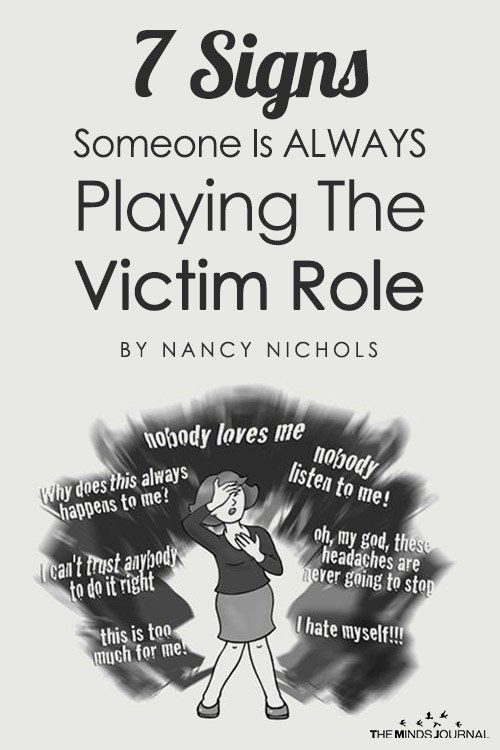 net"
net"
five myths about sexual violence and their exposure
- Linda Geddes
- BBC Future
- "Well, take off your clothes": how men become victims of sexual violence
- #IDidIt: who was forced to repent by the #MeToo flash mob
- The #MeToo movement a year later: women's solidarity or holivar?
- "He is a kind man, but he raped children.
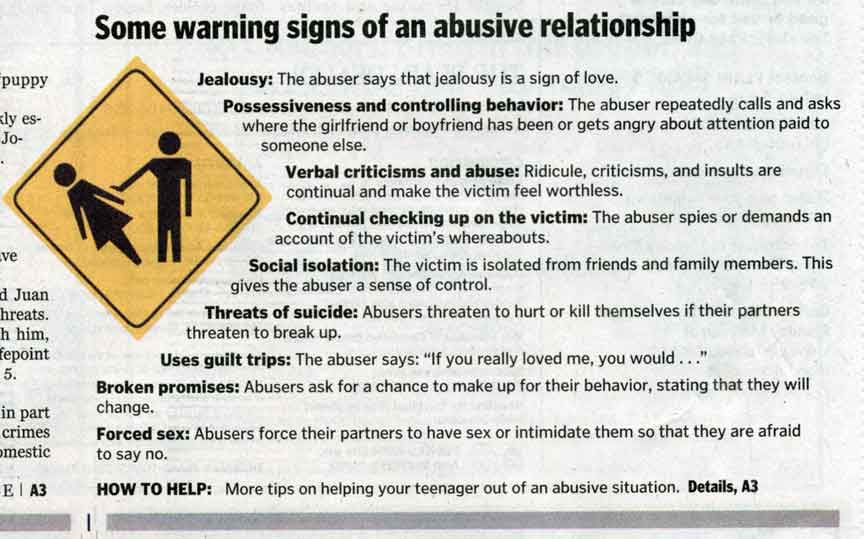 " What happens in Russian orphanages
" What happens in Russian orphanages
Image copyright Getty Images
On average, one out of every five women has ever been sexually assaulted. However, there are still many misconceptions about how to behave in such situations, and about what leads to such situations.
These notions either discredit those who have been victims of violence, or mislead those who are guided by such views, assessing what happened.
Now, a rare week goes by without a report of either a fresh case of rape or sexual harassment in the past.
Misunderstanding of the essence of sexual violence leads to a distorted view of what happened, causing the victims to feel undeserved shame, making them feel guilty.
It is also important that widespread myths about rape and sexual assault make it difficult to objectively assess the facts when it comes to court.
Here are five of the most common myths - and what is really behind them.
Myth number 1: Most sexual assaults are carried out by strangers
The scene in which a woman is assaulted on her way home late at night down an unlit street is still often seen on TV screens.
However, in the real world, both rape and any other dangerous sexual assault are much more likely to occur in the home, and women suffer at the hands of those they know well.
In England, Wales and Australia, about one in five women has experienced sexual violence at least once in their lives.
In the US, a nationwide survey on the subject found roughly similar statistics: one out of every five women and one out of every 71 men had ever been raped.
Image copyright, Getty Images
Image caption,Most sexual assaults are carried out by people the victim knows well
Another British study showed that the perpetrator did not know the victim only 10% of the time.
In 56% it was the victim's partner, and in the remaining 33% it was a friend, acquaintance or family member.
Myth number 2. If this really happened to you, you will immediately report it to the police to pluck up the courage to go to the police.
If the victim was a child, the delay in reporting may be even longer: only 28% of those under 16 reported being assaulted on the same day, and about a third delayed reporting to the police for more than six months.
And this applies only to those crimes that were reported sooner or later. Many victims do not do this at all.
For example, in the US, researchers on the issue estimate that two out of every three such attacks are never reported to the police.
Image copyright, Getty Images
Photo caption,Studies show that two out of every three sexual assaults are never reported to the police
There are many reasons why some victims either take a long time to contact the police or never do so , which was shown by an online campaign on Twitter with the hashtag #WhyIDidn'tReport ("why didn't I report").
"Many don't report because they don't want the perpetrator to go to jail - maybe they're in love with him, maybe it's a family member or partner and they depend on him for well-being," says Nicole Westmarland, director of the Durham Center to study cases of violence and bullying in the UK.
"Another common reason I've heard from my students is that they don't want to ruin someone's life. "
"
But even in this case, she emphasizes, there is no evidence that the delay in reporting to the police is due to the fact that nothing of the sort actually happened.
Myth #3: If a sexual offense is reported immediately, it will be relatively easy for investigators to investigate and file charges.
Skip the Podcast and continue reading.
Podcast
What was that?
We quickly, simply and clearly explain what happened, why it's important and what's next.
episodes
End of Story Podcast
What is true about this statement? Survivors of sexual violence who immediately report it are indeed much more likely to undergo all the necessary medical examinations - for example, to identify the assailant's seminal fluid, saliva and DNA.
In addition, the experts will immediately record the injuries (bruises, cuts, etc. ), which will help the prosecution prove the use of force.
), which will help the prosecution prove the use of force.
But such a procedure does not at all guarantee that the offender will be immediately caught and convicted, or that the case will be investigated.
This is proved by numerous examples from the practice of the American police, when the collected evidence of rape is still stored in the police archives.
Also, evidence of a sexual act is not very helpful if the perpetrator is a partner or a good friend.
"Most of these cases these days are not about whether or not there was sexual intercourse, but about whether it was consensual," Westmoreland emphasizes.
According to the UK Home Office, 26% of rapes and violent sexual assaults reported on the same day result in charges, but that figure drops to 14% if the police find out the incident the next day or more later.
Those who reported violence on the day it happened are much more likely to see their abuser in the dock (this difference in odds is not so significant if the victim is under 16).
Meanwhile, according to other reports, in the US, only 18% of rapes reported to the police result in arrests, and only 2% of cases result in a conviction.
Myth number 4. If you really didn't want to, you would resist
Different people use different tactics when they are threatened with sexual violence. In his 2008 book Serial Victims, University of Wellington criminologist Ian Jordan describes how 15 women, each of whom were abused by the same man, behaved in such cases.
Someone tried to talk, someone fought back, and some tried to rise above the situation - as if it was not happening to them (psychologists call this detachment or personality splitting).
In another study based on 274 US police reports, it was found that only 22% of those who went through such a situation managed to avoid rape by resisting and screaming loudly.
The majority (56%) tried to ask for mercy, to persuade the rapist, while the rest, as they later said, were simply petrified with horror.
Different behaviors may be more or less effective in different circumstances.
For example, women who actively resist are more likely to avoid rape, but at the same time they are at great risk of serious injury - especially if the rapist has a weapon.
On the other hand, while pleading, crying, or trying to reason with the attacker, the victim also risks injury if the attack occurs at home.
Image copyright Getty Images
Image caption,One study found that resisting or begging for mercy can, in certain circumstances, increase the risk of physical injury or make abuse even more subtle
It is also important to recognize that a person may not always be able to consciously control their behavior in such situations .
Some, when threatened with a terrible danger, fall into a state similar to paralysis (the so-called tonic inhibition).
One of the Swedish studies carried out on claims 298 women who went to a rape center within one month of the incident found that 70% of them had the same tonic inhibition, and 48% reported an extremely high degree of such inhibition during the attack on them.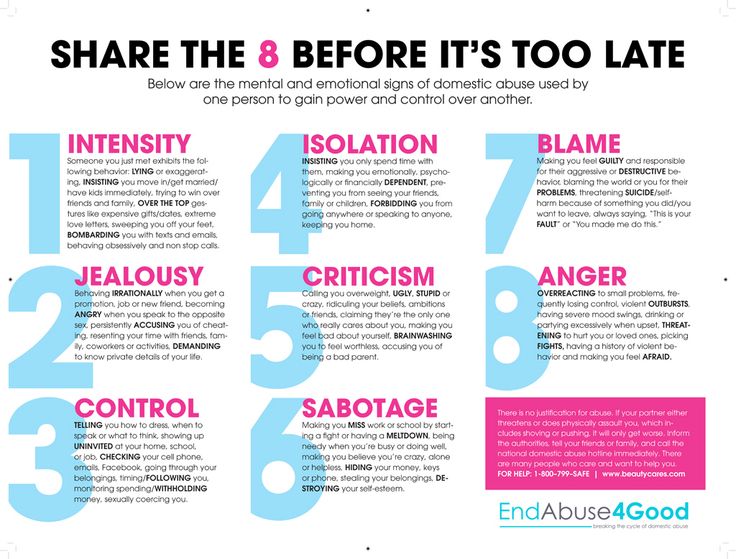
In addition, those who experienced such sudden paralysis from fear were more likely to develop post-traumatic stress syndrome and severe depression in the first months.
Myth number 5. A traumatic experience distorts memory - you may remember something that was not really there
Many who have been sexually assaulted often claim that they clearly remember details - sounds, smells and visual images - associated with the attack, even years and decades later.
However, when they are asked to remember the exact time of what happened or where a particular person was at the time of the attack (details that are usually of interest to the police and the investigation), they sometimes have difficulty restoring it in memory, or even contradict themselves which calls into question their testimony.
"There is such a tragic discrepancy between what the justice system expects from the victim and the nature of the memory of the psychic trauma experienced," says Amy Hardy, a clinical psychologist at King's College London.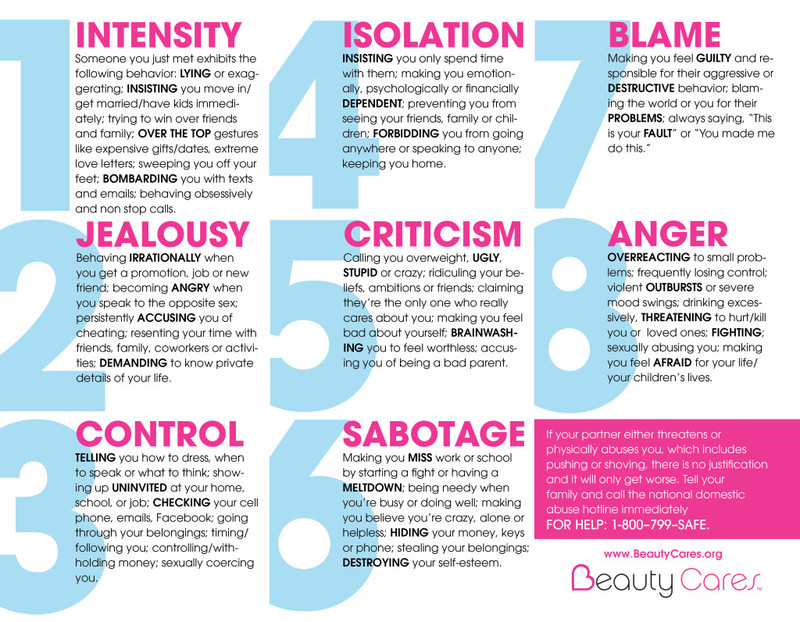
And all because of the fact that memories of traumatic events fit into our memory in a completely different way than ordinary memories.
Usually we encode what we see, hear, feel and smell and put together in our memory cells as a complex of experiences.
And then, when we remember this or that day, events rise in our memory coherently and all together, as a single story.
However, during traumatic events, our body releases stress hormones. And they force the brain to focus on what is happening here and now, because of which the overall picture is clouded or lost.
Image copyright, Getty Images
Image caption,During events like these, our bodies release stress hormones that force our brains to focus on the details of what's going on
From the point of view of the theory of evolution, this makes a certain sense. "When we are in danger, it is much better if we focus on what we are experiencing at the moment - it makes us fight or run away, or freeze like a stone.